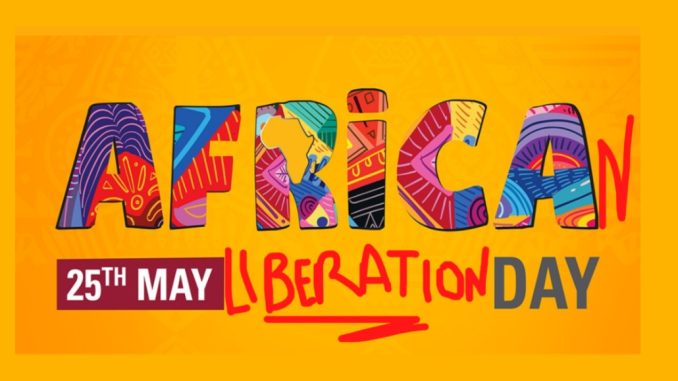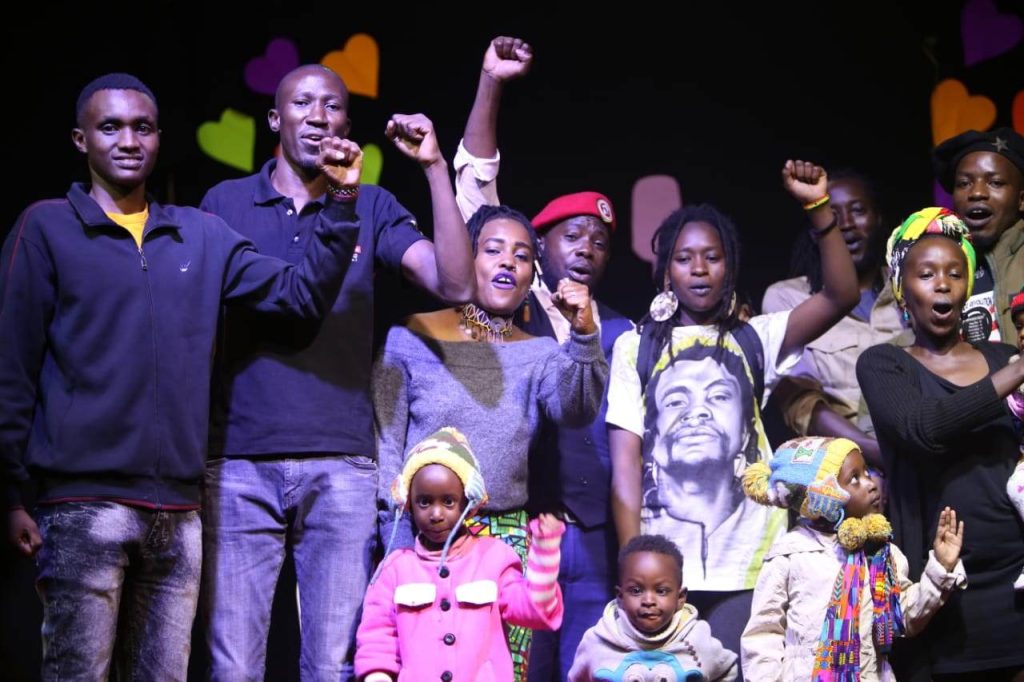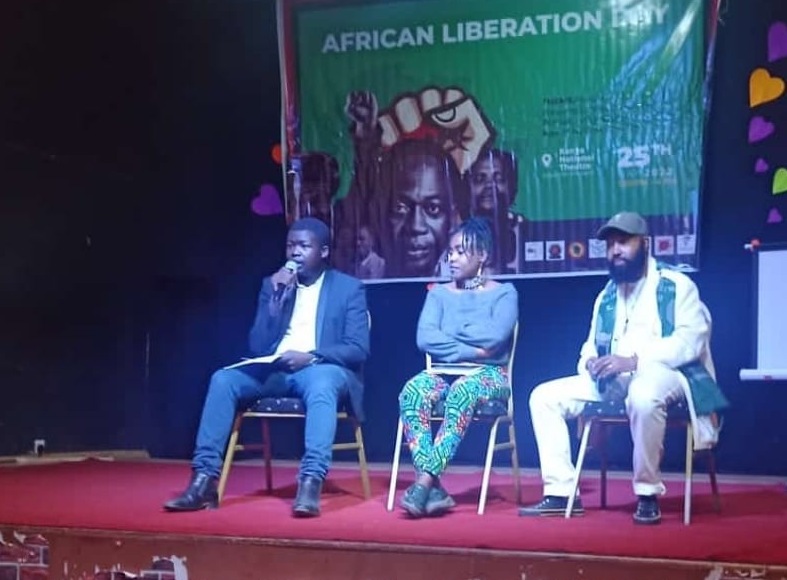
By Nicholas Mwangi and Lewis Maghanga
This year marks the 59th annual commemoration of African Liberation Day. African Liberation Day was founded in 1958 when Kwame Nkrumah convened the First Conference of Independent African States held in Accra, Ghana, and attended by eight independent African states. The 15th of April was declared “Africa Freedom Day,” to mark each year the onward progress of the liberation movement, and to symbolize the determination of the people of Africa to free themselves from foreign domination and exploitation. On the 25th of May 1963, thirty-one African Heads of state convened a summit meeting to found the Organization of African Unity (OAU). They renamed Africa Freedom Day “African Liberation Day” and changed its date to May 25th.


Right from the start, therefore, the fundamental idea behind the commemoration of the day remained Africa’s freedom and liberation; freedom from the political bondage of the imperialist powers of the Global North, and liberation from the economic exploitation of the international monopoly capitalists.
African Liberation Day (ALD) is not “Africa Day” as lessened by the African Union. ALD cannot be reduced to commemorating the founding of the Organization of African Unity on May 25, 1963, nor a day to showcase African fabrics and cuisine. The basis of “Africa Day” seems to emanate from the idea that since all African countries had already gained their “independence” from European colonial powers, the agenda and goal should now shift from the previous political agitations to a vision of an integrated, prosperous, and peaceful Africa. Their theme for 2022 which is The Year of Nutrition represents a clear disconnection from the aspirations of the masses in Africa. Liberation is explicit, it implies sovereignty, control of your land, resources, and political direction, and the organization of the people’s power to defend this sovereignty. A flag and a president do not make you sovereign.
From the very beginning, in this regard, the people of Africa were fully aware of the tasks that befall them as a continent in their struggle for a brighter future. In this struggle, the people of Africa fully recognized that an end to their exploitation meant an end to their oppression; that economic freedom would require political freedom.
By commemorating African Liberation Day, therefore, the African people get to lay bare their tasks at hand by looking at the journey covered so far. They get the opportunity to once again remind themselves that they are still not truly free; that liberation remains their primary goal. Through this, they get to emphasize that the day is about the political ends they seek to achieve, and not a celebration of the status quo as their ruling class seeks to make it.
By commemorating this great day, the African people celebrate and salute the hard-fought struggle waged by our liberation heroes and heroines in the struggle for freedom and independence from the colonial powers. Africans honor those who continue this struggle against the capitalist, imperialist and neo-colonialist powers in modern-day Africa and reiterate their commitment in the same struggle for a truly liberated African continent. Africans recognize that the dark forces of colonialism have been replaced by neo-colonialism. These forces have further divided the African people and have continued impoverishing the African masses.
The analysis of the work of these neo-colonial forces remains key in understanding the role they play in keeping our African masses ill-informed and misguided. Africa sees these neo-colonial forces at work through our various African governments as well as the African Union, which has renamed the day ‘Africa Day’. By renaming the day ‘Africa Day’, the emphasis on the African political struggle for liberation is cleverly erased. Through this, the goal of the African people is subverted, and the African ruling elite depoliticizes our struggle into a cultural celebration. For Africa, there cannot be a bigger betrayal to the cause. For Africa, an acceptance of the status quo means an acceptance of oppression and exploitation. For Africa, a depoliticization of this revolutionary day means surrendering to the forces of neo-colonialism and their accomplices.
In this regard, Africa commemorates African Liberation Day, not Africa Day. Africa insists that the day is about political freedom from imperialism, not a celebration of culture under neo-colonialism.








